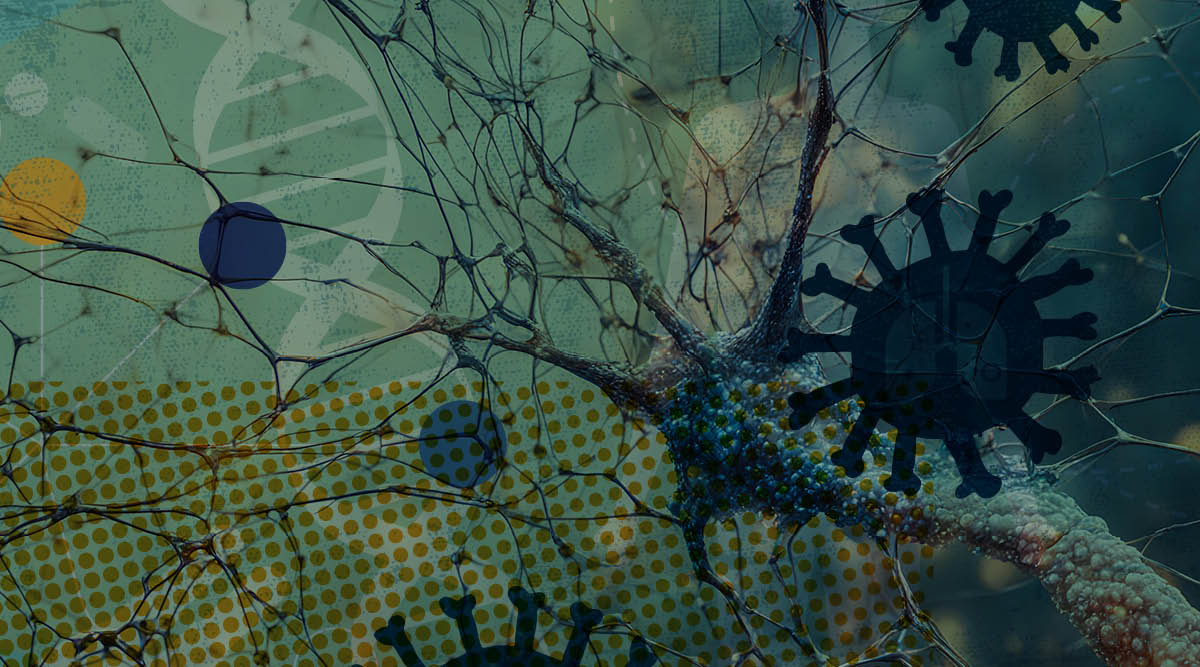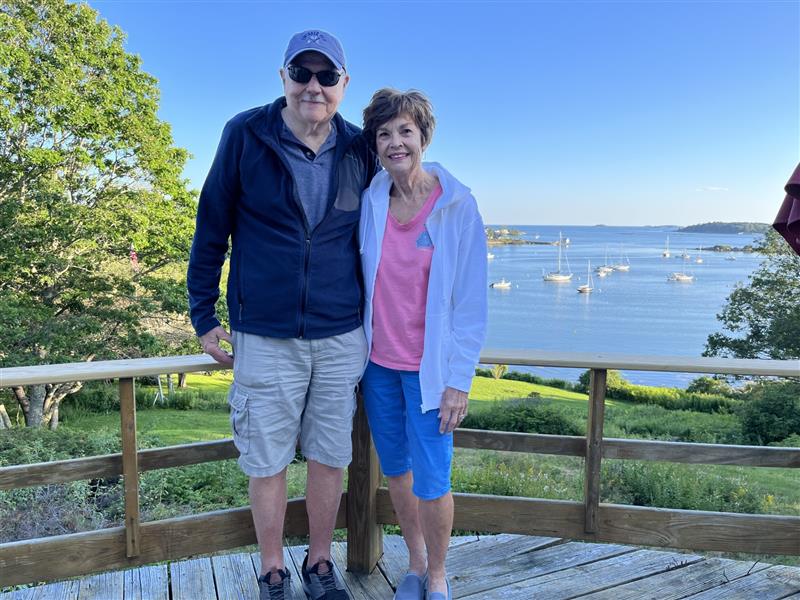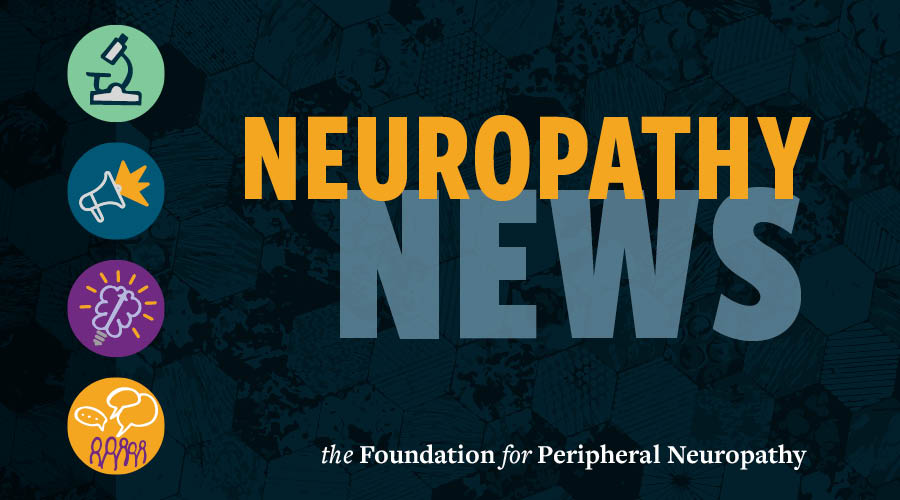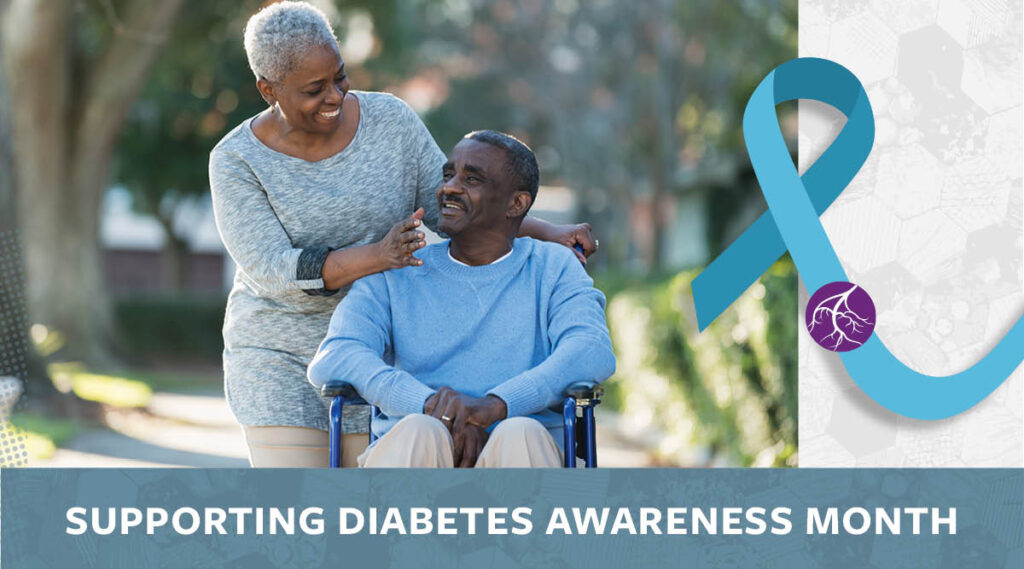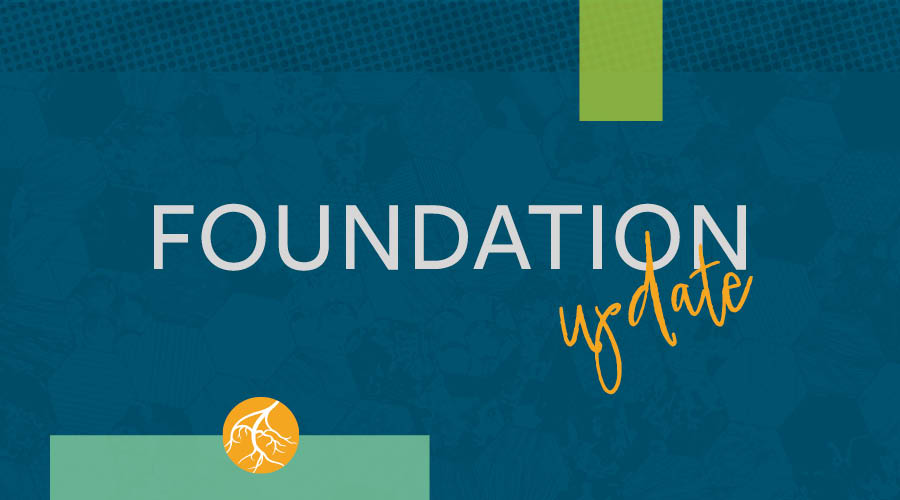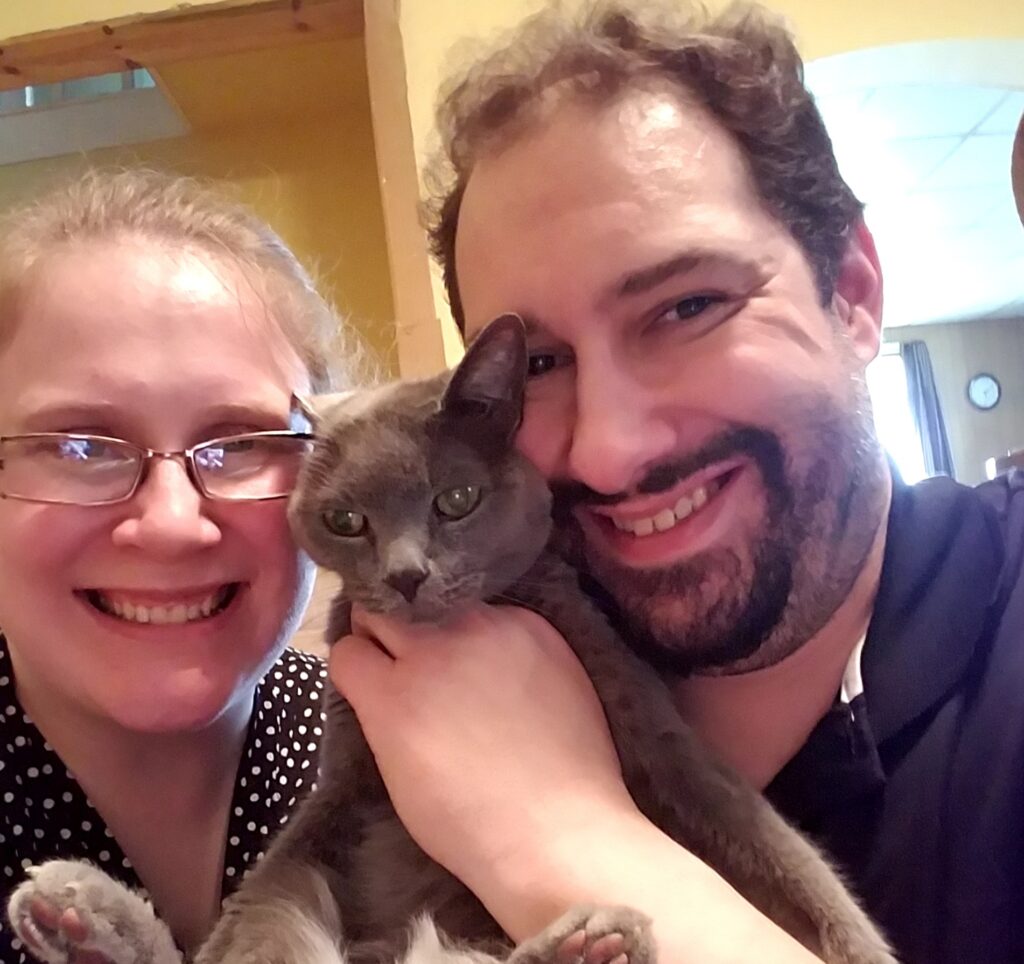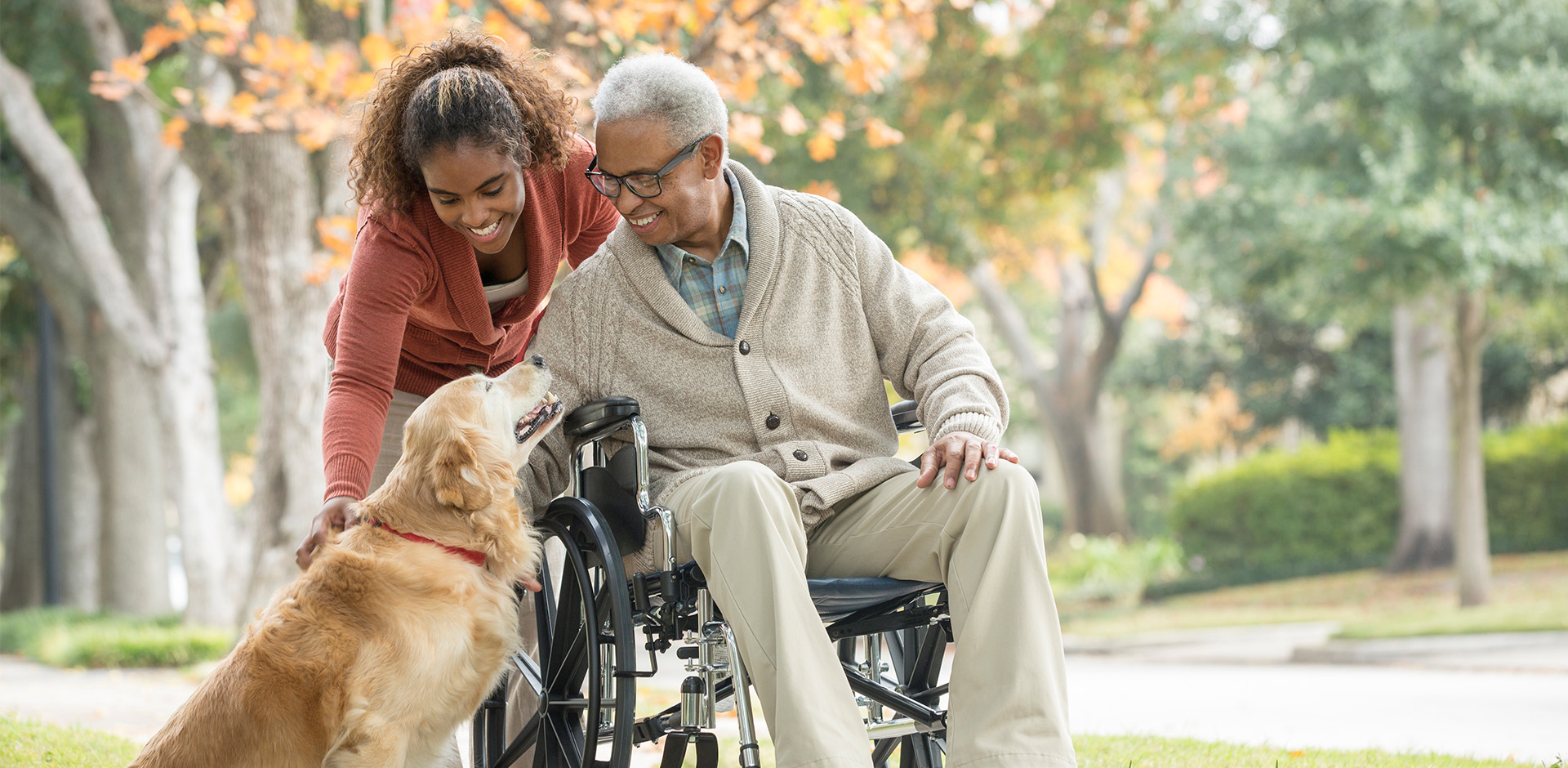Driving neuropathy research forward: FPN meets with the NIH
The Foundation for Peripheral Neuropathy (FPN) recently had a great meeting with members of the National Institute of Neurological Disorders and Strokes (NINDS), which is a part of the National Institutes of Health (NIH).
At the meeting, we were joined by members of the MedSci Board, Ahmet Höke, MD, PhD FRCPC, from Johns Hopkins University and Nathan Staff, MD, PhD from Mayo Clinic, and former president and currently on our Board of Directors, Lou Mazawey. The goal of the meeting was to share news and updates from each group.
During the meeting, Dr. Höke and Dr. Staff provided updates on our Peripheral Neuropathy Research Registry (PNRR) and Clinical Research Training Scholarship (CRTS). Walter Koroshetz, MD, Director of the NINDS, and his team also shared new changes happening in research at the NIH.
Following a productive meeting, we are excited to share the following NIH updates with the researchers in the neuropathy community:
- How Does the NIH Initiative to Prioritize Human-Based Research Affect Research Proposing the Use of Laboratory Animals?
The NIH wants researchers to use tests that are based on people. They will still fund animal studies if they are necessary, but researchers have to clearly explain why animals are the best choice and use as few as needed. New grant announcements will include rules that encourage human-based methods, but animals can still be used when justified and well protected. To learn more about how the NIH will prioritize human-based research, click here.
- Innovation Grants to Nurture Initial Translational Efforts (IGNITE Program)
The IGNITE Program helps early-stage researchers turn lab discoveries into possible treatments for brain and nerve disorders. It offers grants that fund work like developing tests, making models for drug testing, or testing potential drugs in living systems over a period of up to three years with clear milestones. The grants are phased (R61 to R33), have a budget limit of about $750,000 total, and are meant to prepare projects for next-stage programs. To read more about the IGNITE program, click here.
- Blueprint Neurotherapeutics Network (BPN) for Small Molecules
The BPN program helps researchers and small companies develop new medicines to treat brain and nervous system conditions using small chemical compounds. It offers funding and expert support—from chemistry and testing to making the drug and running early human trials—without taking away a team’s ownership of their discoveries. The goal is to turn lab findings into safe drug candidates and gather the data needed to move into later clinical trials or partnerships. To learn more about the BPN program, click here.
- The HEAL Initiative
The Helping to End Addiction Long-term Initiative, or the HEAL Initiative, is an NIH-wide effort that aims to create safe and non-addictive drugs to help people with pain instead of using opioids. To read more about the HEAL Initiative, including deadlines and eligibility, click here.
- Pain Therapeutics Development Program (PTDP)
The Pain Therapeutics Development Program (PTDP) is part of the NIH HEAL Initiative. PTDP provides funding, expert help, and drug‑development support so academic researchers and small companies can take promising pain treatments through early stages and prepare them for human testing. To read more about the PTDP, click here.
Our goal for future collaboration with the NIH is to increase coordination among other institutes and centers at the NIH, such as the National Institute of Diabetes and Digestive and Kidney Disorders (NIDDK) and the National Cancer Institute (NCI). We also want to support research that helps find the causes of idiopathic neuropathy.
We at the Foundation thank the members of the NIH for their time and collaboration. We are excited to continue our work with them as we learn more about neuropathy and support new research!
